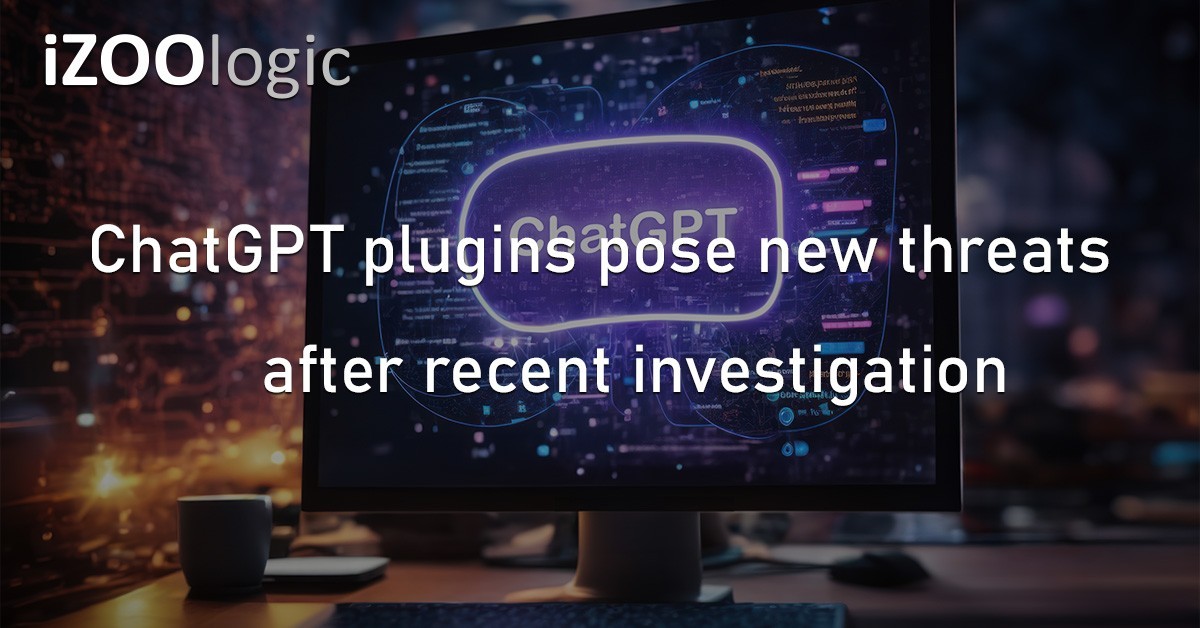New findings from various cybersecurity experts have uncovered severe security concerns hiding within ChatGPT plugins. Based on reports, if exploited by malicious individuals, these bugs could cause disaster for organisations, putting their stored data at risk of theft and compromise.
According to the lead researcher of the investigation team, these flaws are particularly concerning since they could provide hackers unauthorised access to sensitive information, including personal data like names, addresses, and more. These possible issues could have catastrophic consequences as they could cripple a company, leading to severe financial and reputational damage.
The concerns about the ChatGPT plugins have become more concerning since November last year.
The concerns that circulate the ChatGPT plugins have worsened since November 2023 after the AI company introduced GPTs, a feature similar to plugins but with identical security risks.
Researchers explained that this move has only expanded the vulnerability scope of the tool, exposing organisations to potential threats even more.
On the other hand, a recent advisory highlighted three main types of vulnerabilities within ChatGPT plugins. Firstly, issues within the plugin installation process enable threat actors to place harmful plugins, potentially intercepting private messages.
Secondly, flaws within PluginLab, a framework supporting ChatGPT plugins, could aid unauthorised access to third-party platforms like GitHub. Lastly, researchers observed several manipulated OAuth redirection vulnerabilities in various plugins, allowing attackers to harvest user credentials and execute account takeovers.
The growing popularity of AI tools like ChatGPT and the subsequent transition in attackers’ focus towards exploiting these tools have posed various threats to the company’s user base. As more organisations incorporate such technologies into their operations, the risk of data breaches rises, showing the urgent need for robust security measures.
Currently, OpenAI and other vendors have collaborated with these researchers, following established protocols to address these vulnerabilities swiftly. Their joint efforts aim to patch up these security gaps, minimising the chances of exploitation.
The emergence of security flaws within ChatGPT plugins underscores the urgent need for vigilance and proactive cybersecurity measures. Organisations integrating AI technologies for enhanced productivity must also prioritise securing their data against potential threats.
Therefore, collaboration between security researchers, AI developers, and businesses is critical to stay one step ahead of cyber attackers and safeguard sensitive information from malicious actors.
